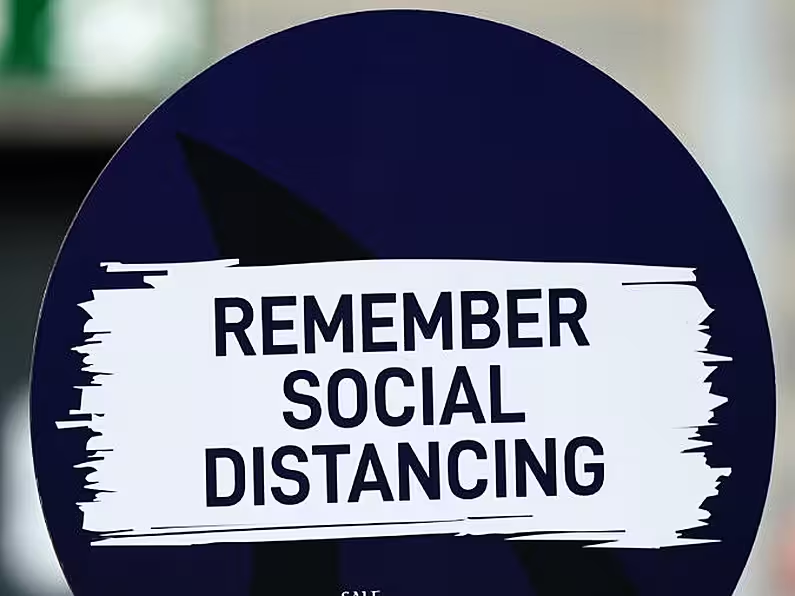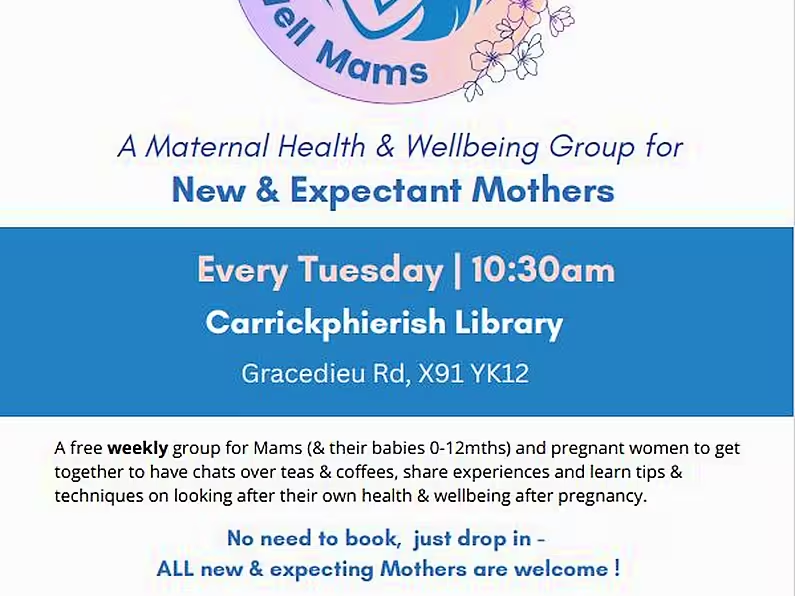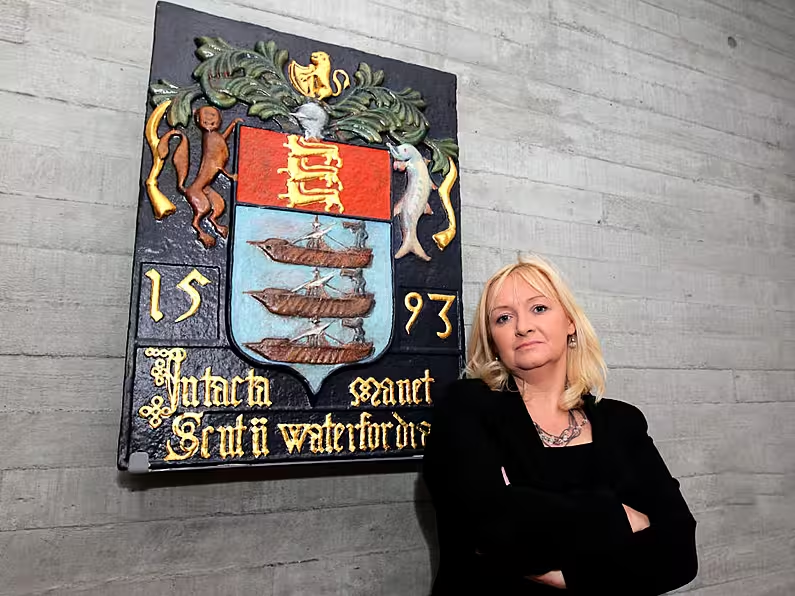Vivienne Clarke
The clinical director of CervicalCheck has said social distancing restrictions led to delays in a sample processing centre, which resulted in the expiry of a number of samples.
A capacity issue in the national cervical screening service led to around 200 women's samples going out of date, RTÉ has established.
Speaking on RTÉ radio’s Morning Ireland, CervicalCheck’s Dr Nóirín Russell said the laboratory had to adhere to social distancing measures due to Covid-19, which meant fewer staff working and carrying out tests.
This delay led to the samples of 200 women going out of date, she added, so the women will have to be retested.
Women contacted
Dr Russell said that HPV was found in the women's samples, but they were not sent on for cytology examination within the timeline period of 42 days.
The women will be contacted this week by letter, along with their GPs, to arrange retesting.
Dr Russell said it was very important that the women attend for the second test, but she emphasised that the presence of HPV in their sample did not mean they had cervical cancer.
It had been anticipated that there would be “huge” numbers coming forward for tests in 2021 after the service had to halt for a period in 2020 due to Covid-19, she said. “We had hoped the impact from Covid would be less.”
“Huge capacity issues” had led to some samples going past the 42 day window for cytology examination. Most of the tests had taken place in April and May, with a few in March, added Dr Russell.
'We knew this was coming'
“We knew this was coming,” she said, which was why measures had been put in place to ensure supports were in place with a helpline available on 1800 45 45 55.
Every month data from the laboratory was examined and it had been noticed that every month some samples were expiring.
This increase in expired samples led to a site visit and it was determined that it would be necessary to prepare the women so they would not panic when they received the letter.
The process will prioritise the women in question, who will obviously be worried, Dr Russell said.
Addressing the capacity issue would not be a “quick fix” as Covid-19 social distancing guidelines still had to be observed. “We are trying to work very closely with the sample takers to steady the flow of samples so there are no peaks and troughs.”














